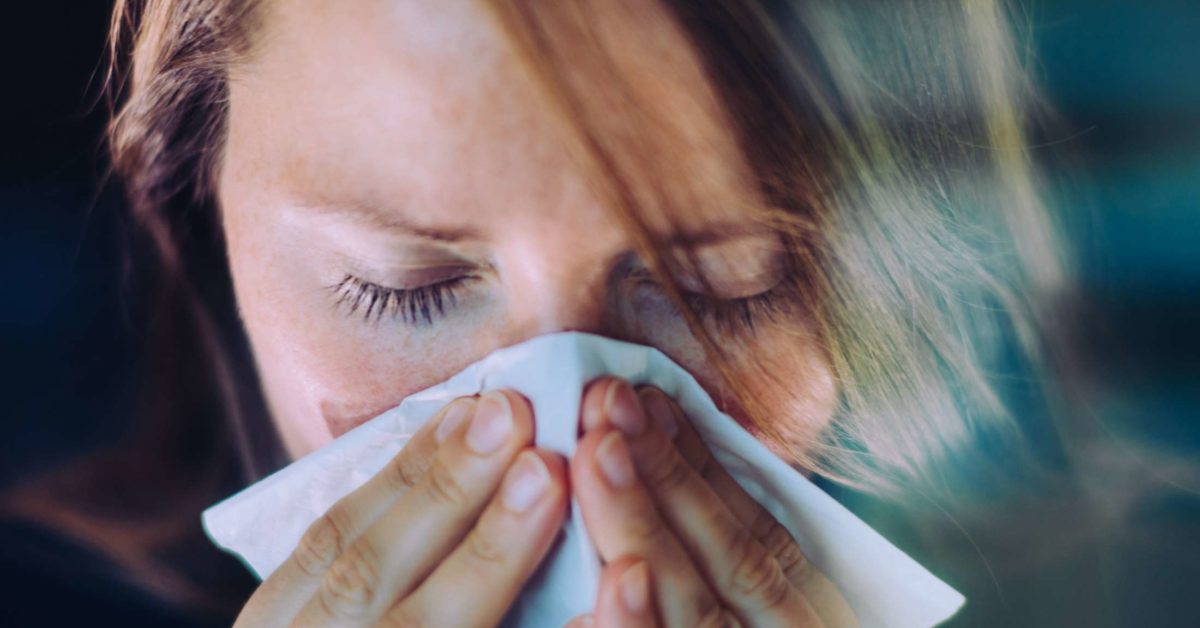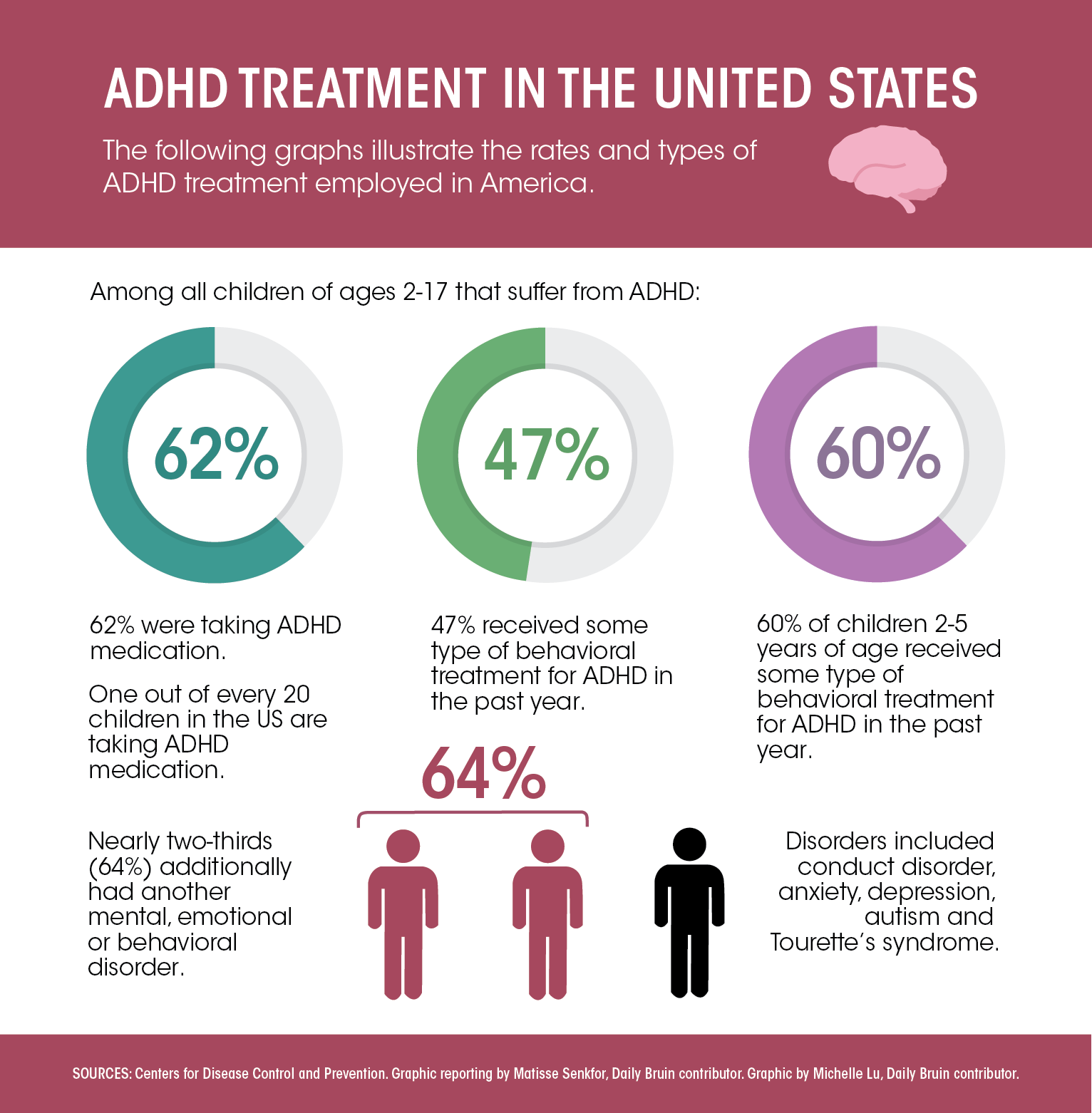What it means for the nations blood supply. During the first few days your nose may also start to run.
 Will This Cold Go Away On Its Own
Will This Cold Go Away On Its Own
Sometimes fighting off a virus can give you a low-grade fever.

Signs your body is fighting a cold. These develop quickly and can last one to two days. Body aches and pains are common when you have a cold and may be attributed to a type of cytokine your body produces called interleukins. As our immune system responds to the virus we experience the familiar cold symptoms.
Fatigue and pain are classic indicators that theres too much inflammation in your body. This involuntary muscle movement is your bodys natural response to getting colder and trying to warm up. Runny NoseNasal Congestion A runny nose helps wash germs from the nose and sinuses.
Your runny nose is an easy way for your body to clear itself from all the used white cells virus and excess fluid. Production of these protein cells is increased in an attempt to fight off cold pathogens and grow your white blood cell count. Responding to a cold environment however is.
Youll notice that your snot turns more green and less clear the longer the cold goes on. Actually your body will give you several clues. With added protein cells your body can feel inflamed sore and achy.
Herpes outbreaks cold sores. Because your body temperature increases slightly the air surrounding you feels colder by comparison. Frequent colds and flu.
Cold and flu symptoms arent just annoyances that can often keep you on the couch all day. Exhaustion is a symptom of both the common cold and flu but is typically more debilitating with the flu and often means you may be too tired to even get out of bed or move off of the couch. Sore Throat or Coughing At the beginning of a cold you are typically coughing up some sort of phlegm getting rid of an irritant in your lungs Dr.
Rhinoviruses are the commonest and at best when infected your body is capable of fighting them off without showing symptoms. They actually indicate what your immune system is doing to fight off the infection. If youre fighting a cold this winter youll need your blood to help you fight it.
If you have frequent diarrhea gas or constipation it could be a sign that your immune system is compromised. Even if your fever isnt particularly high running a low-grade fever for several days in a row could be a sign your body is trying to fight off more than a cold says Dr. You Have Lots of Tummy Troubles.
If youre experiencing signs your body has inflammation it can crop up in the form of various symptoms and be a sign of a number of different health concernsUsually inflammation is associated. Colds and flu that turn into deeper infections eg lingering coughs pneumonia and bronchitis or other respiratory infections eg sinus or ear infections. If you start to feel sudden or excessive fatigue exhaustion or just generally run down it could be a sign that your body is fighting off a bug.
Cough is a normal cold symptom but persistent cough with shortness of breath wheezing and chest pain could be a sign of bronchitis or pneumonia. If you get colds coughs runny nose or catch the flu more than 2 x a year you may need to work on strengthening your immunityDifferent types of viruses and bacteria cause common cold and catchy coughs. The first sign of a cold is usually a sore or irritated throat and is typically followed by early symptoms such as a headache chilliness or lethargy.
Flu symptoms are more intense and include fever chills cough sore throat runny or stuffy nose achiness headaches and fatigue. If a steamy shower and a Ricola. Knowing the difference between cold and flu symptoms can help you decide how to treat your condition and whether you need to see your doctor.
But if youre constantly catching colds or have a cold thats wont run its course thats a clear sign your immune system is struggling to keep up. The colour is from the protein that your white cells produce to fight the virus. If you regularly feel.
While colds and their symptoms dont often result in serious health problems the flu can. If your fever escalates to over 103 degrees Fahrenheit however or you find that you have more violent chills you should see a doctor according to advice from the Mayo Clinic. Here are 6 common symptoms of excessive inflammation.
Allergies food seasonal environmental. Most people will get better within a few days to less than two weeks. It is important to pay attention to these signs because if not addressed they may spell future health problems.











